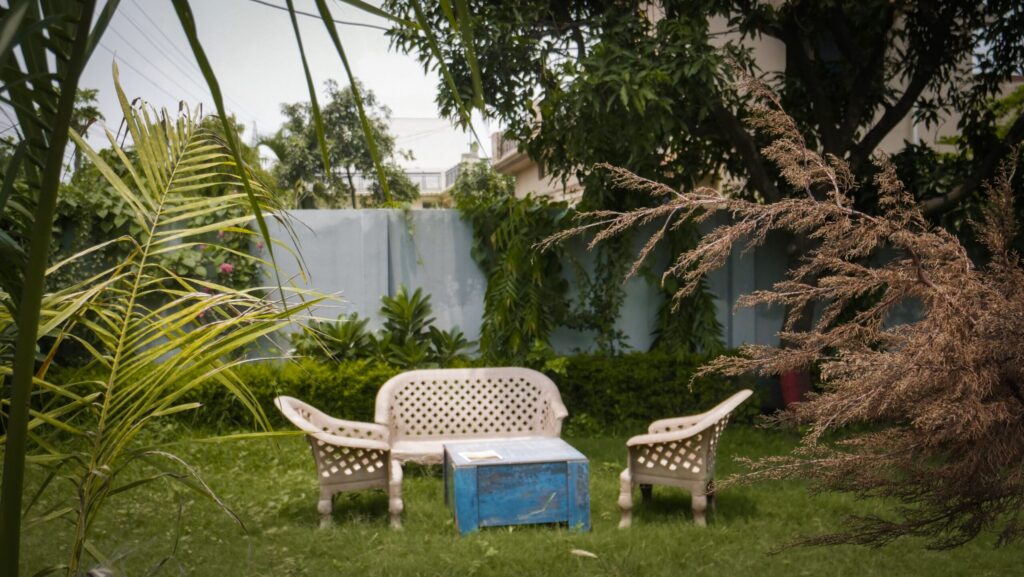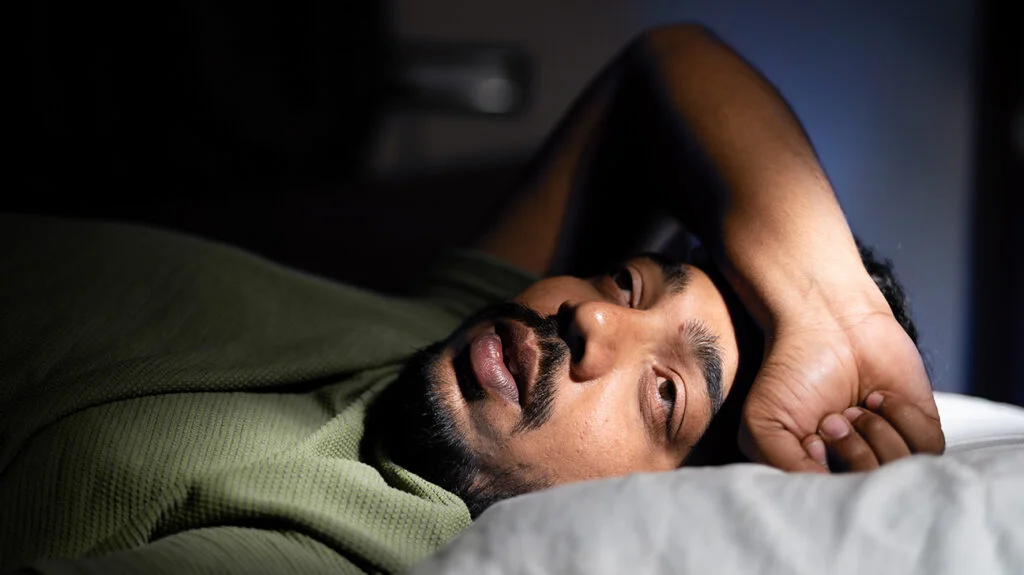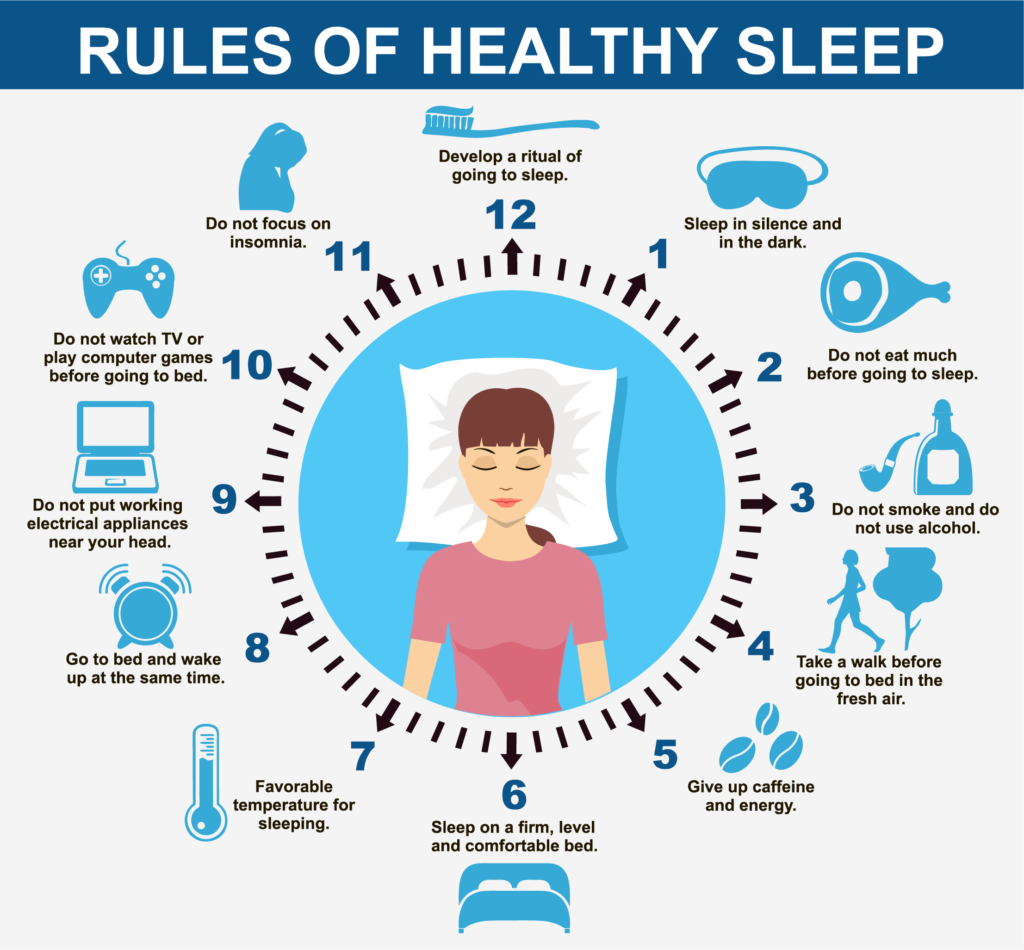Role of Sleep Hygiene in Addiction Recovery

We understand that recovery from substance abuse is more than just stopping drug use—it is about healing your body, mind, and spirit. Prayas Sewa Samiti focuses on every part of the recovery journey, including one crucial yet often overlooked aspect: sleep hygiene in recovery. Good, healthy sleep habits are essential to regain strength, stay emotionally balanced, and avoid relapse. Especially for teenagers and young people battling addiction, improving sleep through nature therapy and sleep hygiene in recovery can make a big difference.
In this article, we will explore how sleep hygiene in recovery plays a vital role in healing, how nature therapy supports this process, and why addressing sleep problems is a key step to successful sobriety. Understanding the connection between mental health and daily life and sleep is crucial for long-term recovery.
Why Sleep Hygiene in Recovery Is So Important
After years of substance abuse, your body and brain are often exhausted. Drug use disrupts natural sleep patterns and damages the parts of the brain responsible for emotional regulation and decision-making. This disruption can cause insomnia in recovery—difficulty falling or staying asleep—which makes recovery even harder and directly impacts stress management and emotional triggers.
This is why practising sleep hygiene in recovery is essential. It means creating routines and habits that promote regular, restful sleep. Good sleep helps repair the brain, restore energy, and improve mood. When your sleep is healthy, you feel stronger physically and emotionally, making it easier to resist cravings and support relapse prevention in addiction recovery.
What Is Sleep Hygiene in Recovery?
Sleep hygiene in recovery includes simple habits like:
-
Going to bed and waking up at the same time every day
-
Avoiding caffeine, nicotine, or heavy meals before bedtime
-
Keeping your sleeping space calm, dark, and cool
-
Limiting screen time and bright lights at night
-
Practising relaxing activities before sleep, such as reading or deep breathing
Following these steps every day helps reset your body’s internal clock and improves sleep quality. However, when you are in early recovery, this can be very difficult because your mind might be full of stress and your body may be physically restless, especially during post acute withdrawal syndrome.
How Nature Therapy Supports Sleep Hygiene in Recovery
This is where nature therapy comes in. Being outdoors and spending time in natural settings helps calm the nervous system and reduce anxiety. This calming effect makes it easier to follow sleep hygiene in recovery routines and promotes restorative sleep in addiction recovery. Addiction recovery is strengthened when nature therapy is incorporated.
Nature therapy can include:
-
Walking barefoot on grass or soil
-
Listening to birds or water sounds
-
Spending time in parks or gardens
-
Practising gentle yoga or meditation outside
-
Breathing fresh air and soaking in natural light during the day
These natural experiences reduce the stress hormone cortisol and increase melatonin, the hormone that helps you sleep. This process improves your body’s ability to fall asleep faster and stay asleep longer. For many recovering individuals, nature therapy becomes a peaceful way to end the day, leading to better sleep.

The Link Between Sleep Therapy for Substance Abuse and Recovery Success
Poor sleep is one of the biggest challenges for people recovering from addiction. This is because many drugs disrupt the brain’s normal sleep cycles, causing insomnia in recovery or restless nights. Without enough sleep, emotional problems like anxiety and depression can worsen, making it harder to stay sober. Understanding how sleep affects your mental health can make a huge difference.
That’s why sleep therapy for substance abuse often includes a combination of medical care, counselling, and behavioural changes focused on sleep hygiene in recovery. Incorporating nature therapy strengthens these efforts by providing a natural, gentle way to calm the mind and body.
At Prayas Sewa Samiti, we encourage patients to spend time outdoors every day and teach them easy, effective ways to build healthy sleep habits. This combination improves sleep quality and supports emotional stability.
Insomnia in Recovery Solutions: How Nature Helps
If you’re struggling with insomnia in recovery, know that you are not alone. It is a common problem, but there are natural solutions that can help. Simple nature-based activities like:
Sitting quietly in a garden
Walking through a forest
Listening to natural sounds
Practising mindfulness while watching a sunset
can lower stress and prepare your mind for sleep. When combined with consistent sleep hygiene in recovery habits, these natural activities help reduce insomnia and improve overall sleep health, supporting daily-habits-for-mental-health.

Sleep and Emotional Stability in Sobriety: Why Restful Sleep Matters
Good sleep is not just about feeling rested—it’s about staying emotionally balanced. During recovery, your brain needs time to heal from years of drug use. Sleep plays a huge role in regulating mood and helping you cope with daily challenges, which is central to stress-management-and-emotional-triggers.
Sleep and emotional stability in sobriety go hand in hand. When you sleep well, you are less likely to feel overwhelmed or triggered by stress. This helps prevent relapse and supports long-term recovery.
Practising sleep hygiene in recovery combined with nature therapy creates a powerful foundation for emotional well-being. Spending time in nature reduces feelings of anxiety and depression, while restful sleep strengthens your ability to handle cravings and tough emotions.
The Role of Sleep Hygiene and Relapse Prevention
One of the biggest risks in recovery is relapse. Sleep problems can increase this risk because fatigue makes it harder to resist urges and make clear decisions. This is why sleep hygiene in recovery is a key part of relapse prevention in addiction recovery.
At Prayas Sewa Samiti, we focus on educating our patients about healthy sleep habits as part of relapse prevention strategies. When your body is well-rested and your mind is calm, you are stronger against relapse triggers.
Nature therapy complements these efforts by providing a natural way to relax and improve sleep. By combining these approaches, we create a holistic healing environment that supports lasting sobriety.
Practical Tips to Improve Sleep Hygiene in Recovery
Here are some simple tips that can help improve sleep hygiene in recovery:
-
Stick to a schedule: Try to go to bed and wake up at the same times every day.
-
Create a bedtime routine: Do calming activities before bed, like reading or gentle stretching.
-
Limit screen time: Avoid phones, TVs, and computers at least an hour before sleeping.
-
Use your bedroom only for sleep: Avoid working or watching TV in bed.
-
Get natural sunlight during the day: Spend time outside to help regulate your body clock.
-
Avoid heavy meals and caffeine before bedtime: These can keep you awake.
-
Practice relaxation techniques: Deep breathing, meditation, or nature walks can calm your mind.
Following these simple steps supports daily-habits-for-mental-health and sleep hygiene in recovery, making it easier to get restorative sleep in addiction-recovery.

Conclusion: A Path to Healing With Nature and Sleep
Recovery is a journey that requires patience, support, and care. At Prayas Sewa Samiti, we believe that combining sleep hygiene in recovery with nature therapy creates a powerful path toward healing. For teenagers and others struggling with substance abuse, focusing on good sleep habits and spending time in nature can improve mood, reduce cravings, and prevent relapse.
If you or a loved one is ready to take the first step toward recovery, trust the best rehab centre in Dehradun. Our compassionate team will guide you through every step of healing, helping you rebuild your life with healthy sleep, emotional balance, and the natural support of the outdoors, while addressing challenges like post acute withdrawal syndrome along the way.